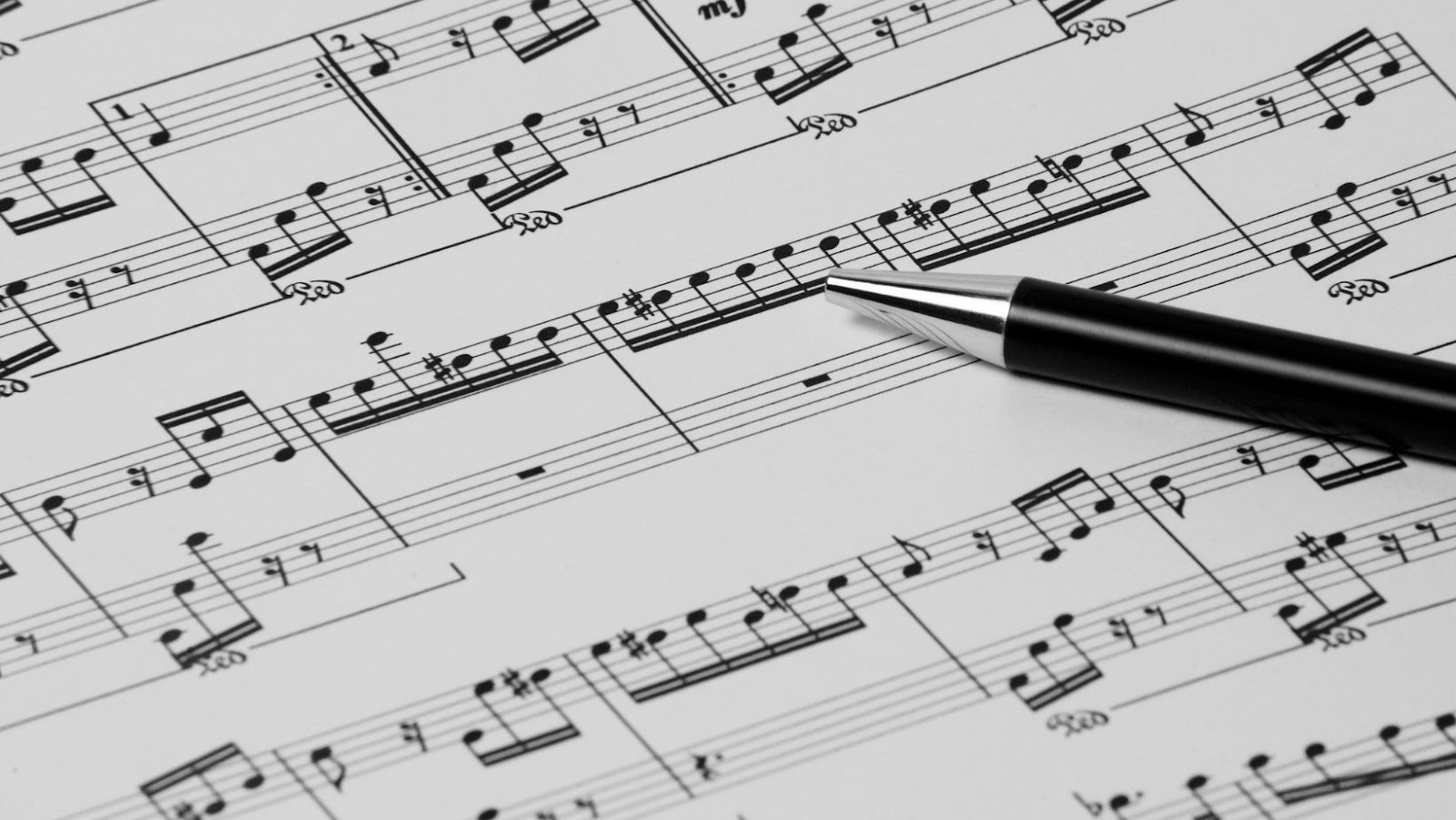 Who Owns the Publishing Rights to a Song
Who Owns the Publishing Rights to a Song
Music publishing, in essence, encapsulates the exploitation of a song’s copyright. The holder of the publishing rights can license, sell, and distribute the song, yielding profitable avenues in return. For instance, these can include sale proceeds, dividends from radio plays, and earnings from live performances. Having these rights provides the power to dictate how the song gets used and monetized.
Song ownership divides into two primary components – the Master rights and the Publishing rights. Possessors of the Master rights hold control over the recording of the song. It’s the record label that commonly owns it. In contrast, the Publishing rights owners govern the underlying composition of the song, including lyrics and melodies. Songwriters and composers typically stake claim to this. An Elvis Presley song, for example, might have its master rights owned by RCA Records, but the publishing rights could possibly belong to the songwriter. In the world of music, understanding these distinctions is key, highlighting the splitting of song ownership.
 The Legal Aspects of Song Publishing Rights
The Legal Aspects of Song Publishing Rights
Who Owns the Publishing Rights to a Song? U.S copyright law plays a pivotal role in song publishing. It provides protection to creators, such as songwriters, for their exclusive rights to reproduce, distribute, perform publicly, and create derivative works from their original compositions. This protection lasts for the author’s lifetime, plus 70 years thereafter. For works made for hire, the copyright exists for 95 years from publication or 120 years from creation, whichever is shorter.
For instance, the composition ‘Thriller’ by Michael Jackson is copyrighted to ensure it’s used legally. Even the smallest musical arrangement or lyrics alteration warrants legal action under this law.
Generally, the songwriter retains the publishing rights to their song. Yet, in the music industry, songwriters often assign their publishing rights to music publishing companies. This arrangement benefits both parties. The songwriter receives a financial advance and more time to focus on the creative process, while the publishing company profits from exploiting the song commercially.
An explicit example would be the iconic song ‘Yesterday’ by The Beatles. Paul McCartney, the song’s author, initially owned the publishing rights. However, due to various acquisitions, Sony/ATV Music Publishing now controls these rights.
 The Role of Music Publishers
The Role of Music Publishers
Who Owns the Publishing Rights to a Song?In the realm of song publishing rights, music publishers play a critical role. They act as intermediaries, protectors and promoters of artists’ works, ensu ey receive due compensation and recognition.
Music publishers serve as guardians for songwriters, helping them navigate the intricate landscape of copyright law. By administering a song’s copyrights, they maintain comprehensive control over the licensing and use of the artist’s work. For instance, securing permits for usage in TV shows, movies, commercials, and handling negotiations in these processes forms a substantial part of their responsibilities. Whenever the song is played, broadcast, sold, streamed, or performed live, the publisher ensures royalties are accrued and delivered to the writer. They also vigilantly monitor infringement cases, pursuing legal action if necessary to defend the songwriter’s rights.
Musicians often turn to publishers for several reasons. While maintaining ownership of their material, musicians may lack the resources, connections, and knowledge required to manage and monetize their copyrights effectively. Publishers offer valuable industry networks and expertise, leading to more lucrative opportunities for the artist’s work. They take on essential tasks like song placement, co-writing arrangement, royalty collection, and administrative paperwork. By freeing musicians from these burdensome aspects, publishers allow artists to focus on their primary function – creating music. For example, Sony/ATV Music Publishing, which controls the rights to ‘Yesterday’ by Paul McCartney provides all these services, driving revenue and facilitating broader exposure for the song.
Navigating the world of song publishing rights isn’t a walk in the park but it’s a necessary journey for songwriters and performers. Understanding the difference between master and publishing rights, knowing the lifespan of copyright protection, and recognizing the value of music publishers are all key. It’s also crucial to acknowledge the role of U.S. copyright law and the power of music publishing companies in managing these rights. With examples from classic rock to contemporary pop, it’s clear that ownership can vary greatly. The industry’s evolution, particularly with the rise of streaming services and self-publishing, further complicates matters. Yet, armed with knowledge and guided by industry professionals, songwriters can navigate these complexities, protect their works, and maximize their gains.
